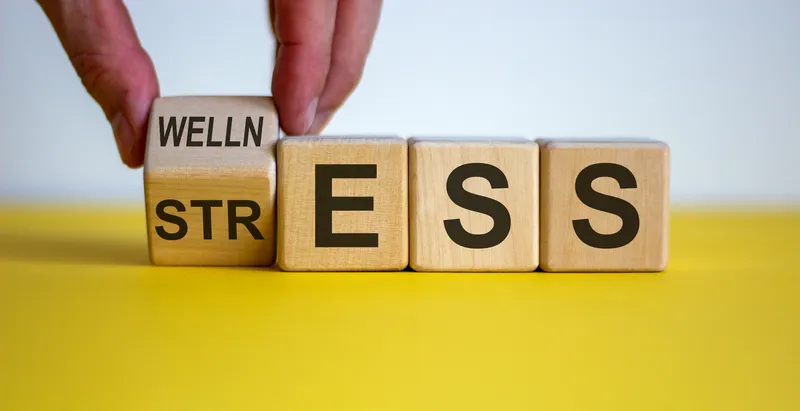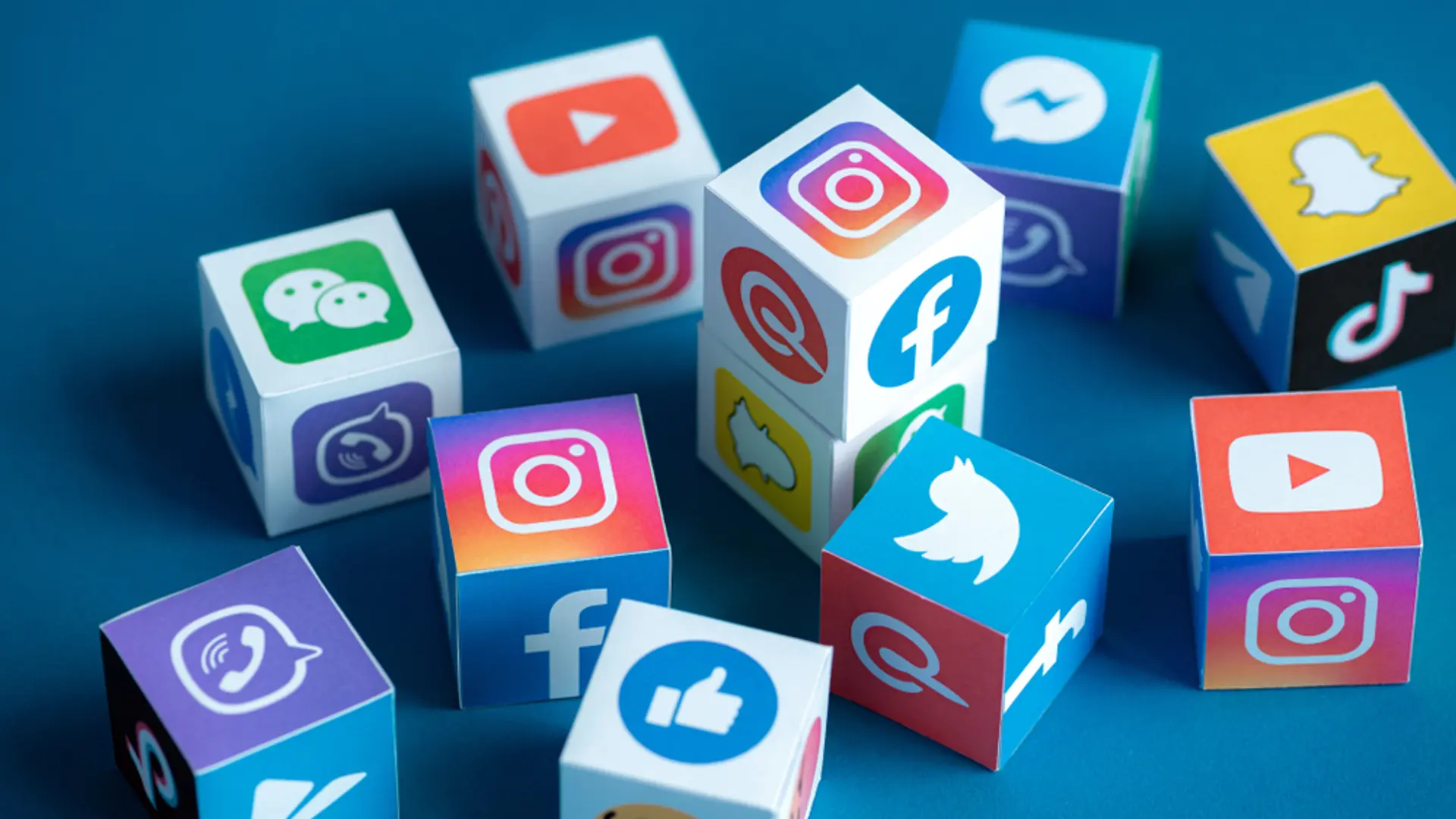Why Gen Z can’t quit social media—and how to break free?
Gen-Z is constantly online, despite feeling anxious and dissatisfied. Let's delve into this pressing issue that many young people are grappling with!
Are you on any social media platform like Facebook, Instagram, or X (formerly Twitter)? Then you must use these engaging platforms to connect with friends and family or follow influential people.
But how often are you present on such sites? Do you always subconsciously open up Instagram or YouTube every other minute? You are not alone, most of the younger generation are facing a similar problem.
A recent study has shed light on how Gen Z, in particular, struggles to break free from the grips of social media, despite experiencing stress and anxiety as a result. Let's explore this growing issue in detail!
The influence of social media on Gen Z

Image: Shutterstock
The impact of social media on today's youth cannot be overstated. It's no secret that Gen Z is constantly bombarded with online content, leading to unhealthy comparisons and a rise in stress and anxiety.
According to a recent Talker Research survey of 2000 American Gen Z individuals, a staggering 49% reported feeling stressed or anxious after using social media.
In India, a national study conducted by LocalCircles revealed some alarming statistics - children aged 9-17 are spending more than 3 hours a day on social media and gaming sites, with 17% of children in Maharashtra spending over 6 hours online.
The study also found that prolonged social media use is linked to hyperactivity, aggression, and impatience among youngsters. These statistics showcase that the younger generation is getting deeply influenced by social media sites, especially the unrealistic lavish lifestyles posted every day.
This "addiction issue" was also highlighted in the 2020 Netflix documentary The Social Dilemma, which raised awareness about the dangers of social media addiction and its impact on mental health. The movie's dystopian take on the "constant need to be online" made it popular.
However, it's worth noting that the documentary received criticism for being one-sided and over-dramatized. Even Meta, the parent company of Facebook, responded by rebutting its key points.
The endless scrolling loop
Have you ever wondered why Gen Zers can't seem to kick their social media habit, despite knowing its negative impact on their mental health?
Even though they are aware of the potential harm, Gen Z finds it tough to break free from the grips of social media. This could be due to various factors, like the fear of missing out (FOMO), the desire for social validation, and the addictive nature of these platforms.
While swiping through Instagram or scrolling through TikTok might offer a short-term escape, the long-term effects on mental well-being can be quite damaging. Constantly seeking validation through likes, comments, and shares can create a dependency that's hard to shake off.
Why Gen-Z needs to value their time
The most important thing that Gen Z needs to understand that is they are spending way too much time online. They need to recognise the impact that social media has on their mental well-being and take proactive steps to mitigate its negative effects.
Finding a balance is key. Setting boundaries, being mindful, and engaging in offline activities are all ways to reduce the stress and anxiety that come with social media use.
In addition, seeking professional help and support from trusted individuals can provide valuable guidance and resources for those struggling to break free from the cycle of social media addiction. By prioritising self-care and mental health, youngsters can regain control over their online habits and lead a more balanced and fulfilling life.
Closing thoughts
While social media has undoubtedly changed the way we interact and communicate, youngsters need to be mindful of their mental health. By understanding the reasons behind their dependency on these platforms, young people can create a healthier relationship with social media and prioritise their well-being.
Remember, it’s okay to take a digital detox and focus on real-life connections and experiences. Your mental health matters more than the number of likes on your latest post!







